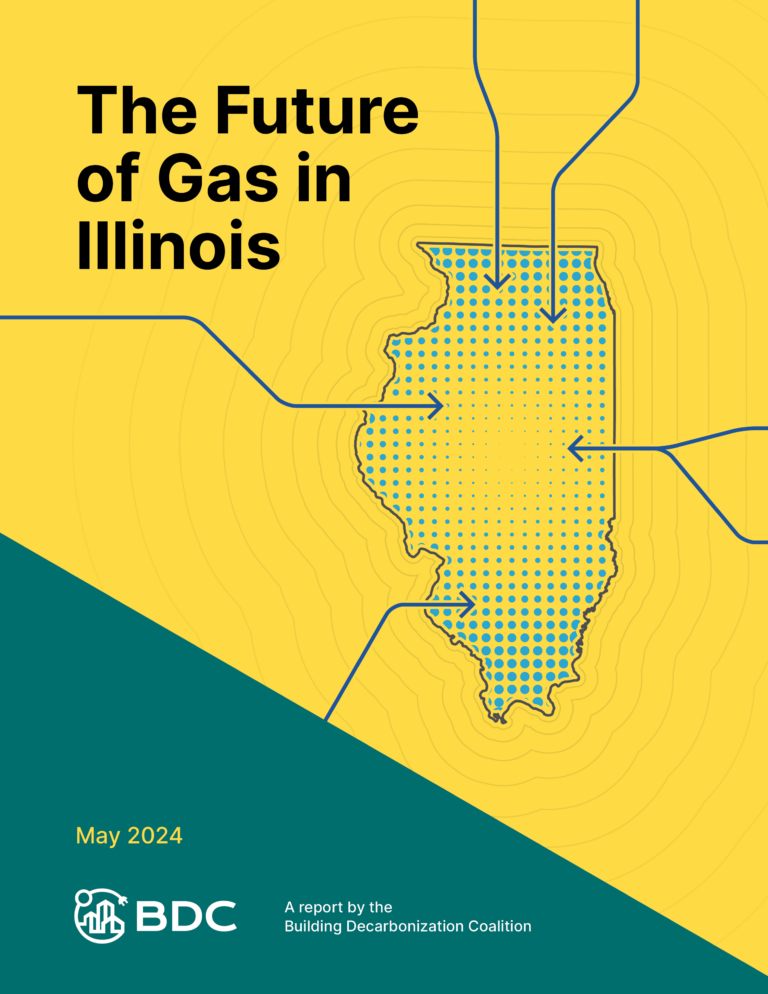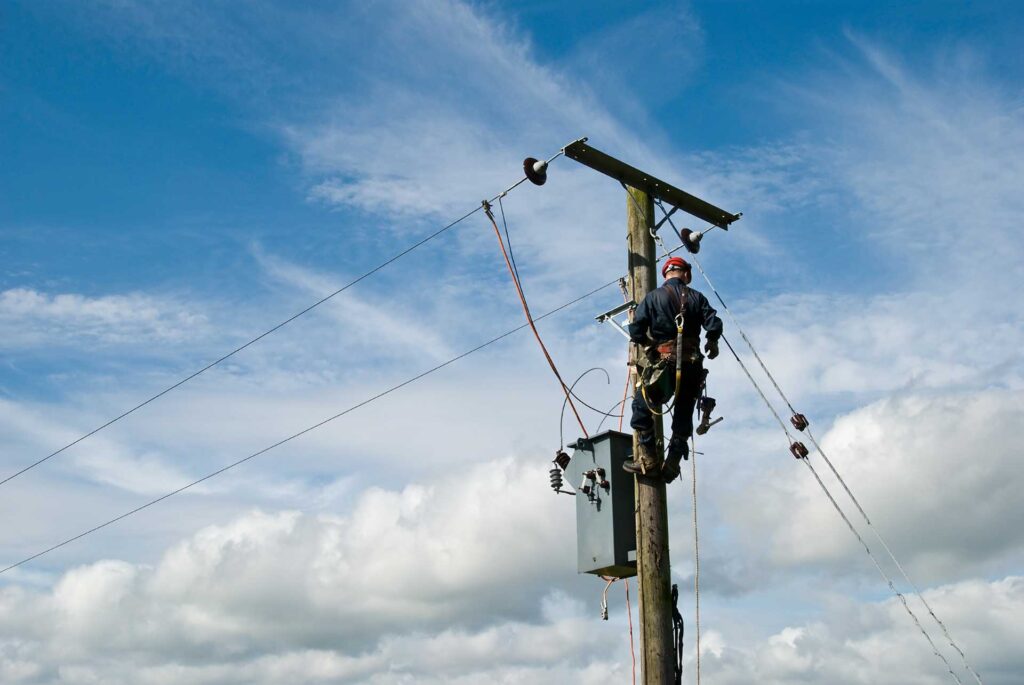Home →
FeaturedPress Release
Report: managed gas transition strategies for Illinois
A new report finds that Illinois’ largest gas utilities’ current capital spending on gas systems will raise customers' rates sharply and could lead to stranded assets of $80 billion by 2050. To avoid this costly path, the report recommends a strategically managed gas transition to clean, renewable energy sources, which…
Announcement
National Training Welcomes Participants from Coast to Coast
Community Voices in Energy national trainings are designed to prepare participants to address energy justice issues and drive change through energy regulatory cases that affect their communities. Over the course of about eight bi-weekly virtual trainings, our 2024 national training explained and demystified traditional legal intervention in public utility commission…
Press Release
Peoples Gas Rate Case Decision Pivotal for Customers and Clean Energy Transition
CHICAGO (Nov 16, 2023) – The Illinois Commerce Commission (ICC) decided today on a controversial Peoples Gas rate case which environmental and public interest organizations applaud as a departure from previous rate proceedings and an overall victory benefiting customers. The Commission rejected a significant part of Peoples rate hike request,…
Press Release
New Website Helps People Have a Voice in Energy Decisions That Affect Their Lives, Communities
Environmental Defense Fund and Blacks in Green have launched a new website that will help people around the country get involved in decisions about energy for their communities. The website, Community Voices in Energy, gives people tools to participate in energy decision making so they can protect their health, environment…
Press Release
Illinois Commerce Commission Votes Will Help Ensure More Reliable, Affordable, Equitable Electric Service in the State
The Illinois Commerce Commission has taken steps that put Illinois on track for realizing the bold vision of the Climate and Equitable Jobs Act.









